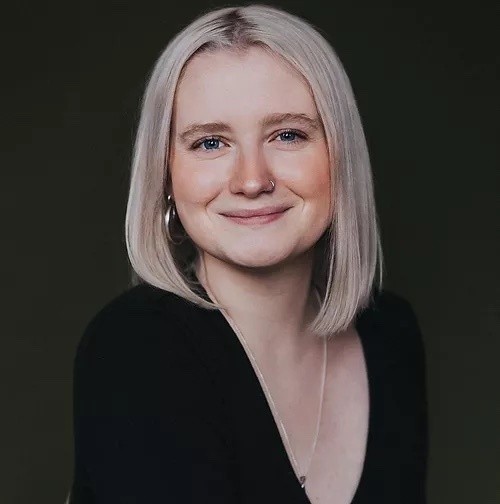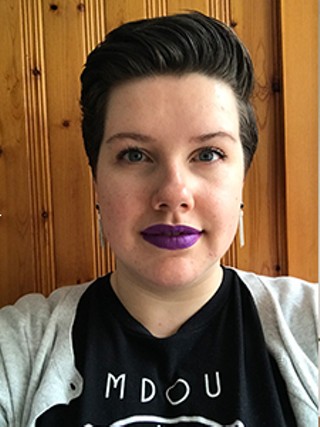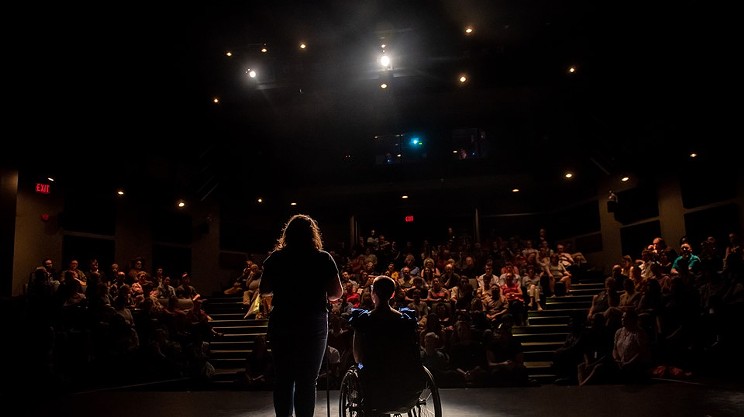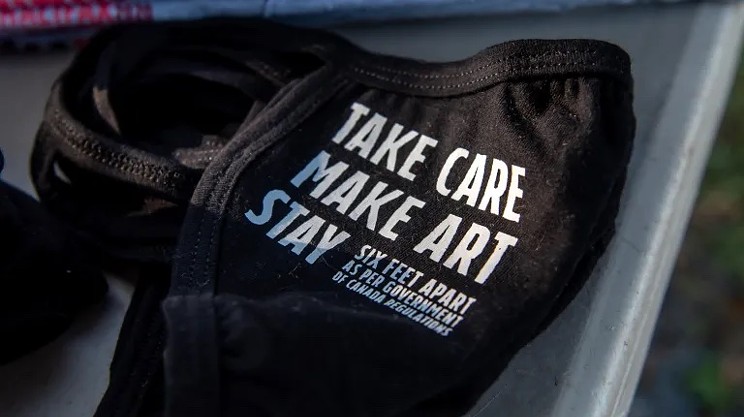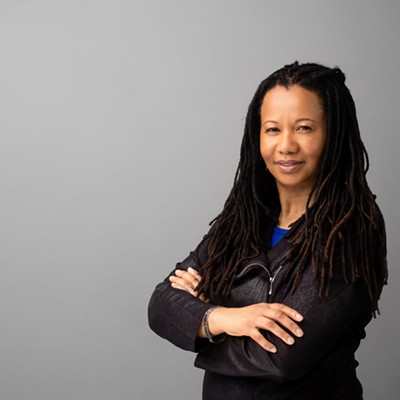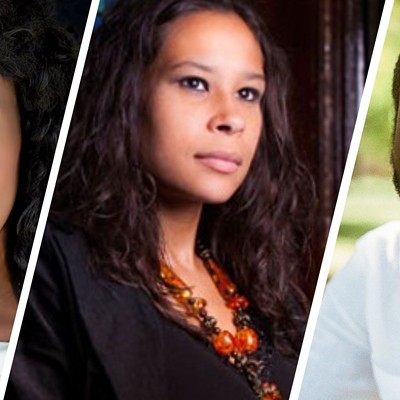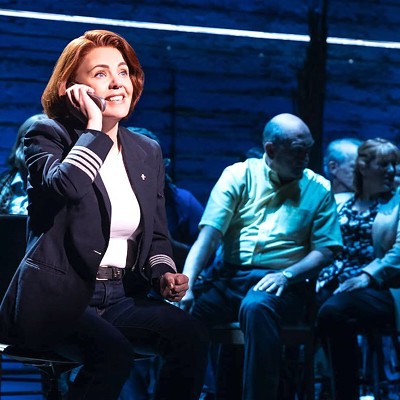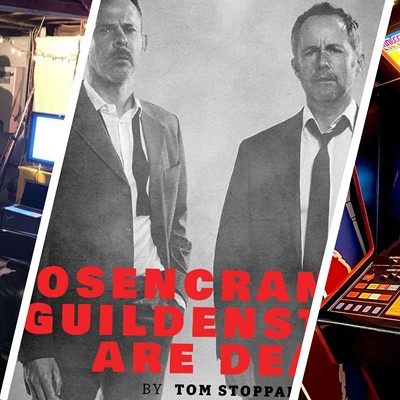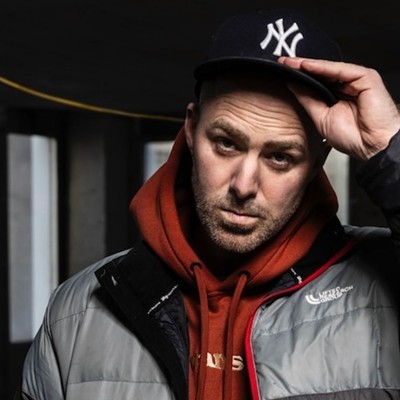Taking over from longtime festival head Lee-Anne Poole, Graham has been making a name for herself in Halifax’s theatre scene in recent years for her accessibility consultant work, which has helped the likes of Eastern Front Theatre create more inclusive live art. A self-identified deaf and disabled person, Graham met with The Coast via Zoom to discuss her new position and what radically inclusive theatre looks like.
The Coast: How does it feel to be stepping into this new role, especially where Fringe is such a significant Halifax festival?
Sara Graham:
It feels like there is a tidal wave of change in the arts right now, as many festivals, galleries and other cultural sector spaces see longtime leaders vacate their positions and new blood comes in. How does it feel to be part of this shifting of the landscape in Halifax?
So, I think we're really moving into that Renaissance period of new, disabled people taking on roles that traditionally have been exclusionary. Or it's it's a new person taking on a role that traditionally wasn't built in that way to exist. And I think that the art world in Halifax is gonna see a new face to it and new life to it.
Prior to your new role at Fringe, you've been making a name for yourself in Halifax theatre with your advocacy work and consulting work. Why is this work important, and how will it impact your tenure at Fringe?
And now the question we're going into the executive director role is like, 'Okay, we have these artists here. What if they want to see a show? Is it accessible for them to go see that show at this time?' From venue booking to audience inclusion, the question is: How do we make the festival fully accessible—for those creating and consuming within it?
When researching you before our chat, I was able to find lots of information about your consultancy work but not a lot about your own theatre background. What can you tell us about that?
I quit theatre as a teen. It a world that didn't exist for me and it didn't have established protocol for me to exist within it [due to how inaccessible it was].
I feel really excited to be to be welcomed back into the theatre world in such a joyful way.
This Q&A has been edited for length and clarity.

